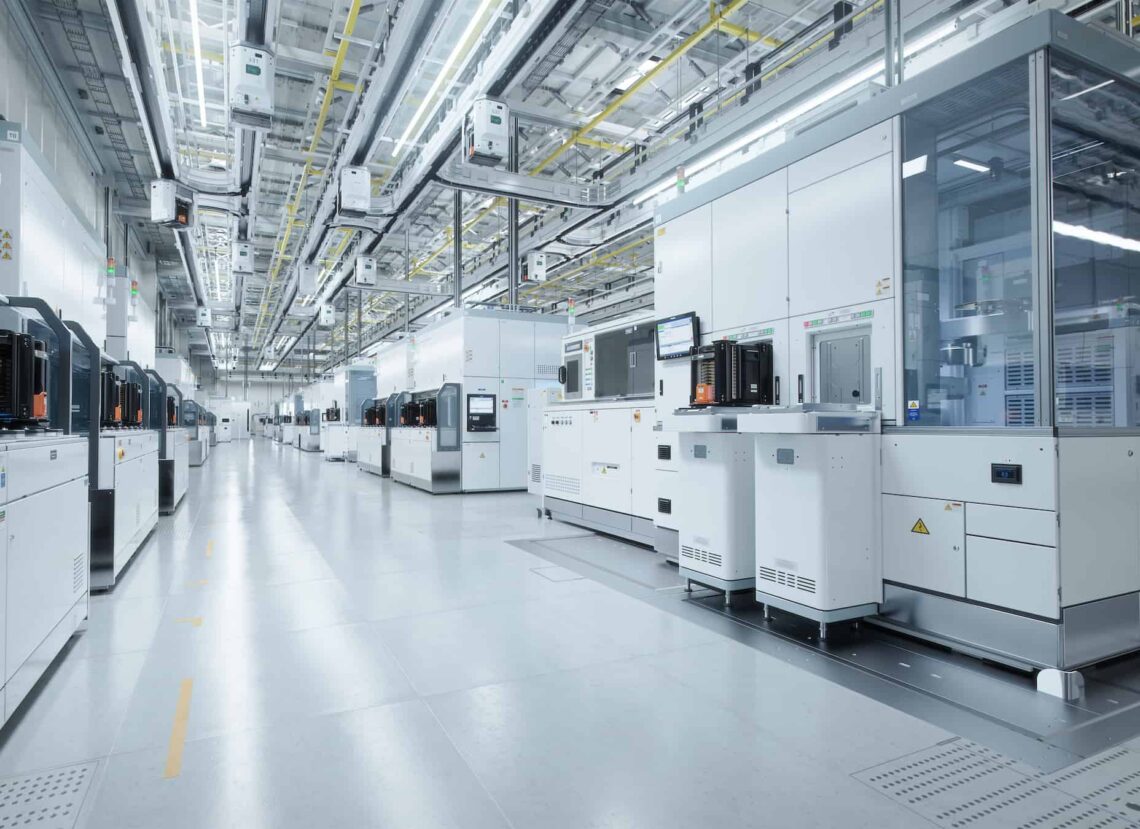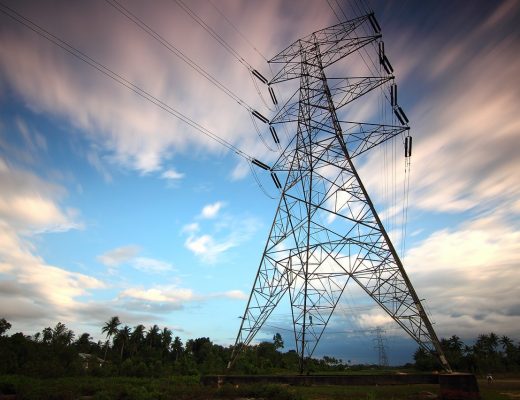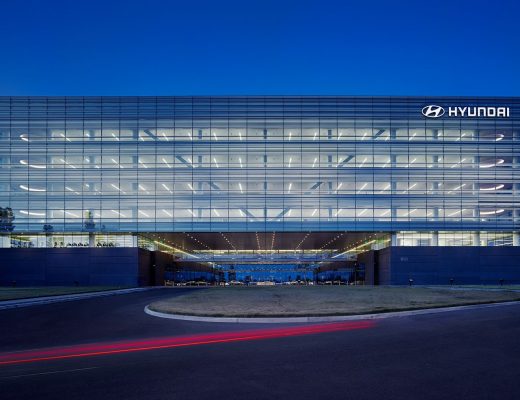Powerchip invests in expanding production outside Taiwan
Powerchip will build a chip factory in Japan. The Taiwanese company has invested USD 5.3 billion in the project. The investment firm SBI and the Japanese government will participate in the project.
The company’s initial investment will be 420 billion yen (about USD 2.4 billion), of which Powerchip and SBI will provide more than half. Other investors, loans and government subsidies will cover the remainder. The plant will go into operation in 2027.
The Miyagi Prefecture plant will focus on producing 40 and 50-nm chips. These semiconductors have applications in the automotive industry and power supply controllers.
It is worth noting that the plant’s construction is extremely important for Japan, a significant consumer of chips, as the country is home to well-known car companies such as Toyota and Honda. The leading supplier of semiconductors to these companies is now local manufacturer Renesas Electronics.
Commenting on the plant’s construction, Powerchip CEO Frank Huang said that Japan is an optimal location for expanding semiconductor production in terms of support and consumption.
For its part, SBI announced an initial funding of 100 billion yen. The company plans to raise the remaining 100 billion yen through a new investment fund. At the same time, the company said that it was only willing to participate in the project if the government provided support in the form of subsidies.
Development of the semiconductor industry in Japan
The Japanese authorities are promising full support for semiconductor manufacturers wishing to open factories in the country. Advanced companies in the industry, including TSM, a direct competitor of Powerchip, have already responded to their offer. The manufacturer plans to open a factory in 2024. In addition to these companies, the following companies are expanding microchip production in Japan:
– US-based Micron Technology, which produces memory chips;
– Japanese flash memory and storage manufacturer Kioxia;
– Japanese semiconductor manufacturer Rapidus.
These companies are building new factories with government support under subsidised conditions.
Japan is making serious efforts to regain its leading position in the semiconductor market. To this end, the authorities are offering local and foreign manufacturers favourable conditions for cooperation. In addition, a global trend to reduce dependence on supplies, mainly from Taiwan, is helping to boost microchip production. Many companies are also looking for alternative regions to locate production facilities to hedge against potential instability in political relations between the US and China.










